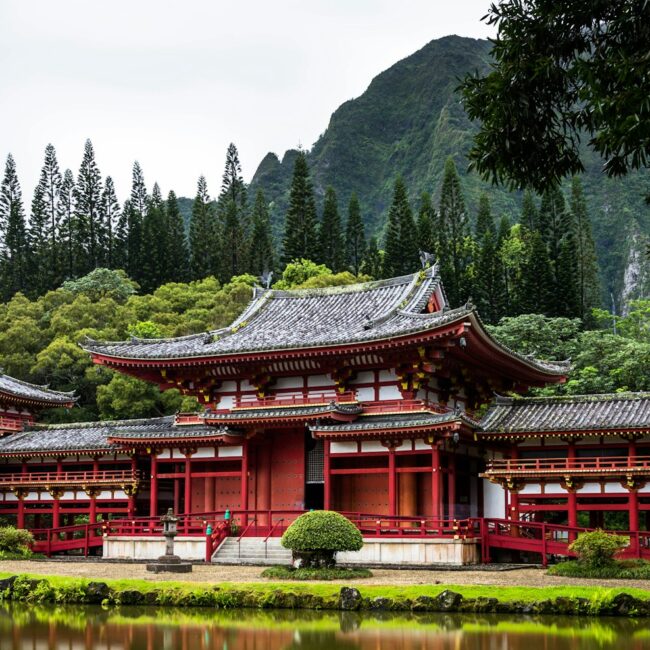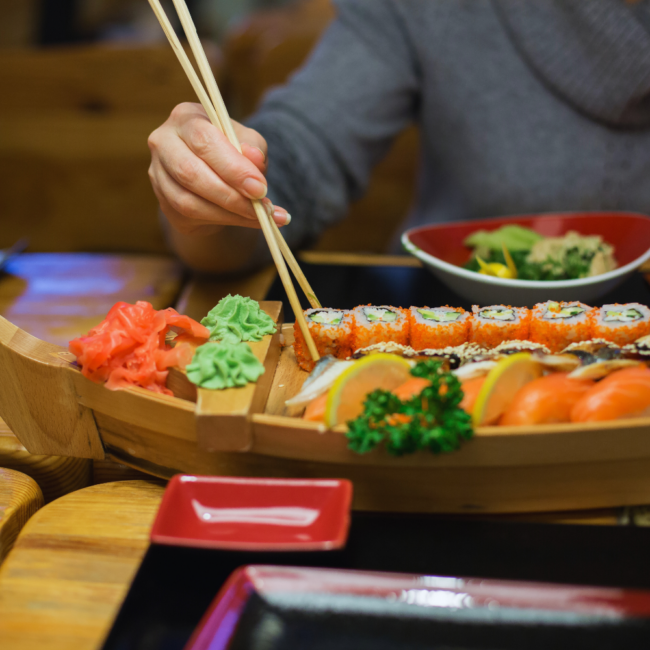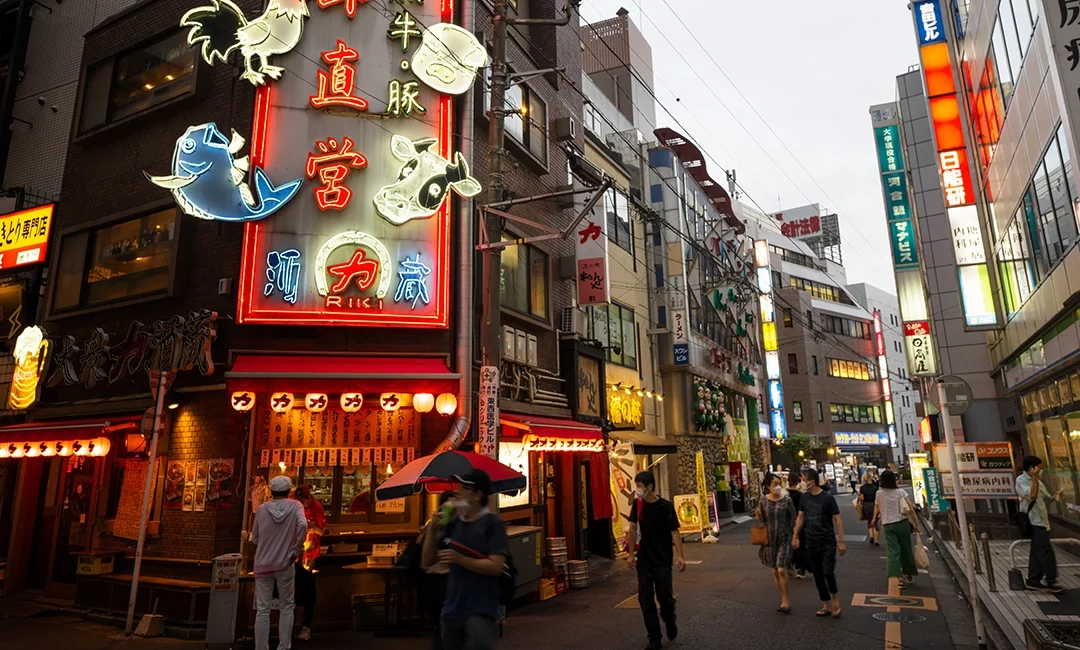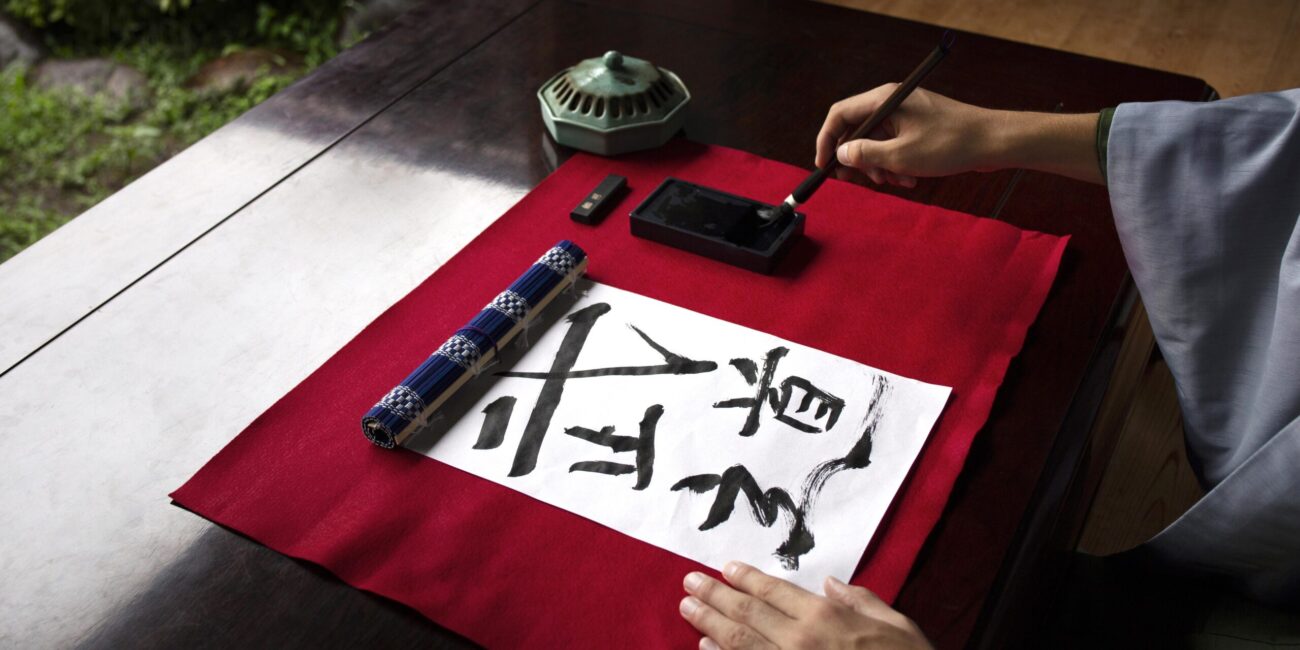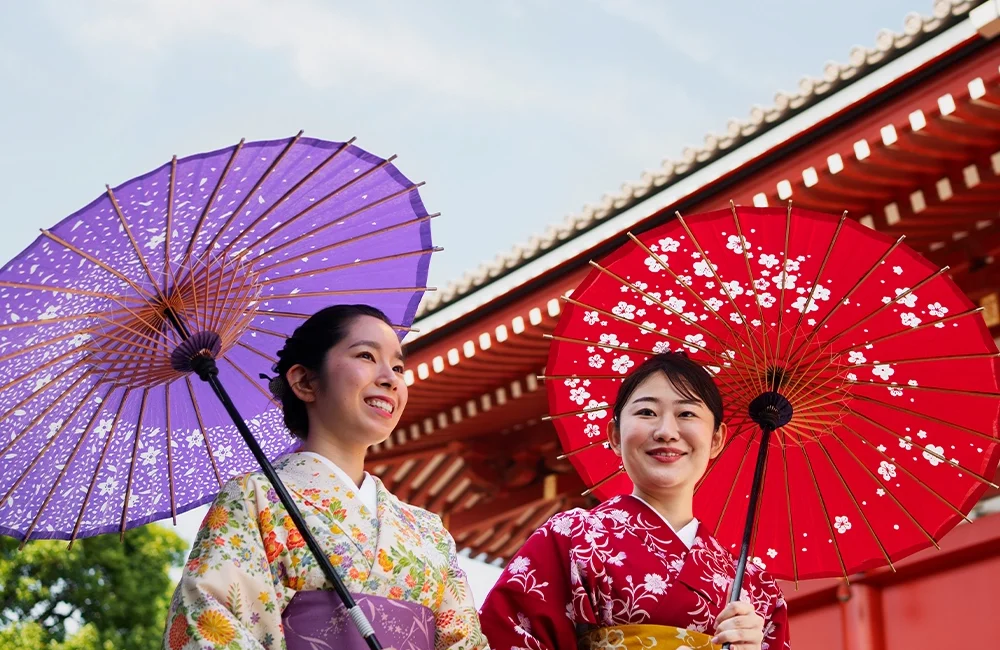Comprehensive Guide to JapaNEverthing you need to know to organize Your Trip
Planning a trip to Japan? With its rich culture, stunning landscapes, and delicious cuisine, Japan offers a memorable travel experience for adventurers of all kinds. But it requires careful organization to make the most of your time and resources.However, organizing a trip to this fascinating country requires careful consideration and preparation.
Here’s your comprehensive guide to organizing your trip to Japan:
In addition to those key points, we have more advice and tips to share with you. Our comprehensive guide to Japan covers everything you need to know to orgnaize you trip: travel requirements, must-visited places, what to pack in your suitcase and customs to keep in mind. We’re dedicated to making sure your trip is unforgettable. So, what are you waiting for? Japan is eagerly awaiting your visit!
Land of Rising Sun
Explore Japan
Japan, known as the Land of the Rising Sun, captivates travelers with its unique blend of ancient tradition and modern innovation. From bustling cities to serene countryside, Japan offers a diverse array of experiences that appeal to all types of travelers.
1. Rich Cultural Heritage: Japan boasts a rich cultural heritage, evident in its ancient temples, traditional tea ceremonies, and intricate arts such as ikebana (flower arranging) and origami.
2. Scenic Natural Beauty: Nature lovers will be enchanted by Japan's stunning landscapes, from snow-capped mountains to pristine beaches.
3. Culinary Delights: Japanese cuisine is renowned worldwide for its freshness, flavor, and presentation. Indulge in sushi and sashimi at Tokyo's Tsukiji Fish Market, slurp authentic ramen noodles.
4. Modern Marvels: Japan is a hub of technological innovation, with futuristic cities like Tokyo and Osaka boasting towering skyscrapers, high-speed trains, and vibrant nightlife. Explore cutting-edge districts like Akihabara, known for its electronics shops and anime culture, or Shibuya, famous for its bustling streets and iconic pedestrian crossing.
5. Warm Hospitality: Japanese hospitality, or omotenashi, is renowned for its warmth and attentiveness. Whether staying in a traditional ryokan or interacting with locals in a neighborhood izakaya (pub), visitors will feel welcomed and cared for throughout their journey.
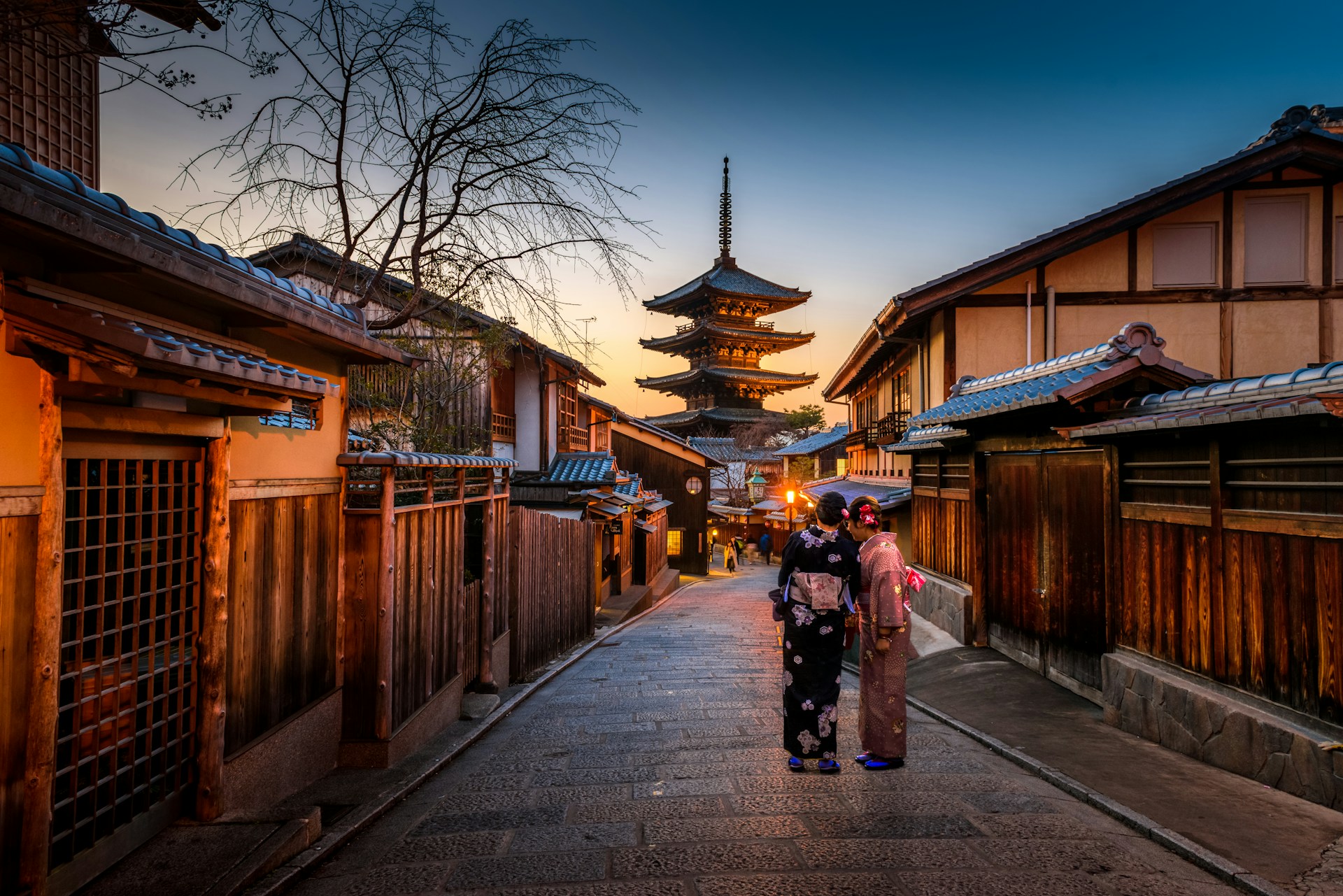
Smart planning
Tips for Organizing Your Japan Trip
To get the most out of your trip to Japan and do everything right, we recommend following a step-by-step plan:
Define an approximate budget . Japan can be expensive, but there are ways to make it affordable. Research accommodation options, transportation costs, food expenses, and activity fees to create a realistic budget. What is the price of a trip to Japan with an agency?
Choose the best time : Japan experiences distinct seasons, each offering unique experiences. Cherry blossoms in spring, festivals in summer, colorful foliage in autumn, and snow activities in winter. Choose the season that aligns with your interests. What is the best time to travel to Japan?
Define your route: In cities, public transportation is efficient and convenient. Purchase a PASMO or Suica card for seamless trains, subways, and bus travel. Japan offers a diverse range of experiences, from bustling metropolises like Tokyo and Osaka to serene landscapes in Kyoto and Hokkaido.
Enhance your trip with unique experiences: Think about what authentic Japanese activities you will want to do such as the samurai experience, the tea ceremony or witnessing Geishas—the best unique experiences in Japan.
Book in advance : Book flights, accommodation, and other services such as the JR Pass in advance, especially during peak seasons. Options range from traditional ryokans to modern hotels and guesthouses. Consider location, amenities, and budget when making reservations.
Learn about local norms and customs: Learn about Japanese customs and etiquette to respect local traditions. Bowing, removing shoes indoors, and using chopsticks correctly are essential aspects of Japanese culture.
Basic Guide
Custom of Japan You should Know
Japan is a country steeped in rich traditions and customs that are essential to understand and respect when visiting. Understanding and respecting these customs will enhance your experience in Japan and show appreciation for its culture and traditions. Let’s explore some of these customs:
- Bowing: Bowing is a common form of greeting and showing respect in Japan. It’s important to bow when meeting someone, saying thank you, or apologizing. The depth of the bow varies depending on the situation and the person you’re bowing to.
- Removing Shoes: In Japanese homes, temples, traditional inns (ryokans), and some restaurants, it’s customary to remove your shoes before entering. You’ll often find a genkan (entryway) where you should leave your shoes and wear indoor slippers provided.
- Respect for Elders: Respecting elders is deeply ingrained in Japanese culture. It’s essential to use polite language and gestures when speaking to or addressing older individuals. This reflects the value placed on hierarchy and age in Japanese society.
- Silence in Public Spaces: Maintaining a quiet and respectful atmosphere in public spaces is crucial in Japan. Avoid speaking loudly, making phone calls on public transportation, or causing disturbances in restaurants and other communal areas.
- Gift-Giving: Giving and receiving gifts is a common practice in Japan, especially during holidays, celebrations, and business interactions. When presenting a gift, use both hands and express gratitude. Avoid giving gifts in sets of four, as the number is associated with death.
- Dining Etiquette: Japanese dining etiquette is intricate and revolves around respect and cleanliness. When eating, use chopsticks properly, avoid sticking them upright in rice (reminiscent of funeral rituals), and never pass food directly from one set of chopsticks to another.
- Slurping Noodles: In Japan, slurping noodles, particularly ramen and soba, is considered a sign of enjoying the meal. It’s perfectly acceptable and even encouraged to slurp your noodles as it’s believed to enhance the flavor and cool down hot noodles.
Organizing a trip to Japan: Travel requirements
Before setting foot in Japan, ensure that your passport is valid for the duration of your stay and that you have obtained the necessary visa, if required. Citizens of many countries are granted visa-free entry for short-term stays, but it’s crucial to check the specific requirements based on your nationality.
Japan’s currency is the Japanese Yen (JPY), and it’s essential to have sufficient funds for your trip. Research currency exchange options and consider carrying a mix of cash and cards for convenience.

A Detailed Look at Travel Expenditure
The cost of a trip to Japan varies greatly depending on the season, trip duration, destinations, and travel style. Japan caters to all budgets, offering affordable options like hostels and street food, as well as luxurious 5-star hotels and gourmet restaurants. entrance fees to attractions and cultural experiences should be factored into the overall cost, with some sites offering discounts for students or seniors.
Cities like Tokyo and Osaka tend to be expensive for accommodation and food, while rural areas offer more affordable choices. Consider purchasing a JR Pass for extensive train travel.
For a 15-day trip with mid-range hotels and guides, expect to spend between €3,300-€4,000. However, this estimate may vary based on your preferences and plans. For a detailed breakdown of Japan travel costs, visit our page on the price of a trip to Japan.
Planning Your Japan Trip: Choosing the Best Time to Go
Determining the ideal time to visit Japan largely depends on your preferences and the experiences you seek.
Spring, particularly from late March to early April, is renowned for cherry blossoms (sakura) blooming across the country, creating picturesque landscapes. This period also coincides with pleasant weather and various festivals like Hanami.
Autumn, from September to November is also a popular season to visit Japan. It offers stunning foliage known as “koyo,” transforming landscapes into vibrant hues of red and gold.
Winter, from December to February, is ideal for skiing in Hokkaido or enjoying winter illuminations in cities like Tokyo and Osaka. Summer, from June to August, brings vibrant festivals such as Tanabata and Gion Matsuri. However, it can be hot and humid, especially in urban areas.
Ultimately, the best time to go to Japan depends on your interests, whether it’s witnessing natural phenomena, experiencing cultural festivals, or enjoying outdoor activities.For more detail check our guide on best time to travel to Japan.
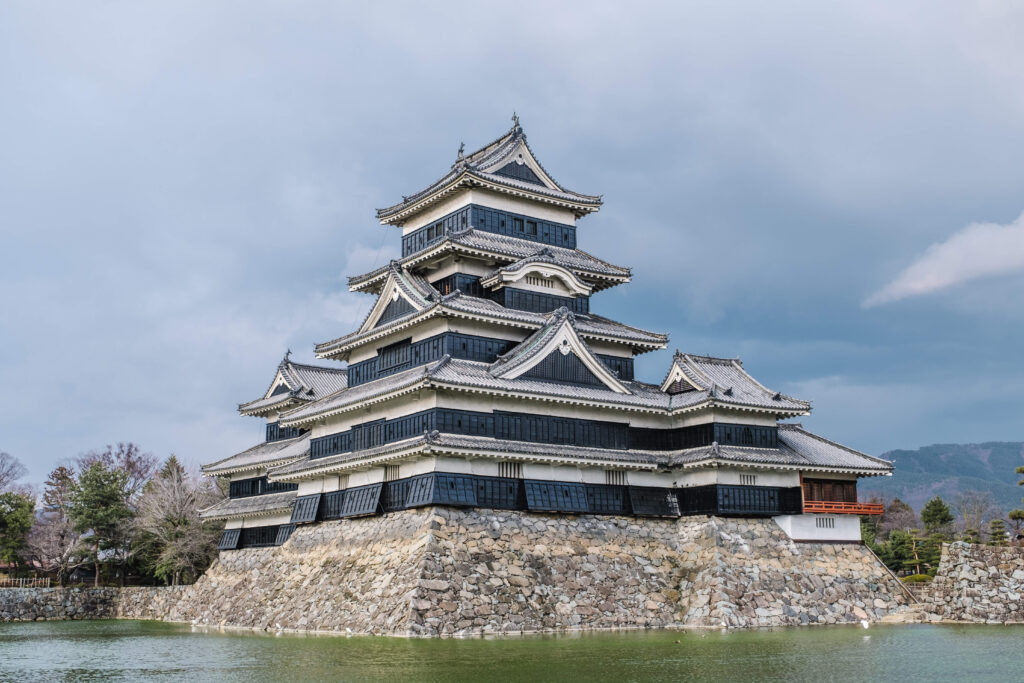
Top Experiences
Essential Destinations In Japan
-
Tokyo:
- Tokyo as a vibrant metropolis is an ultimate blend of tradition and modernity.
- Highlight must-see attractions such as the historic Senso-ji Temple and the iconic Tokyo Tower.
- Visit bustling districts of Shibuya and Shinjuku for shopping, dining, and nightlife.
- Visiting the tranquil gardens of the Imperial Palace for a peaceful escape.
-
Kyoto:
- Check out UNESCO World Heritage Sites like Kinkaku-ji (Golden Pavilion) and Fushimi Inari Taisha.
- Exploring the historic streets of Gion, known for its geisha culture and traditional machiya houses.
- Cultural heart of Japan, renowned for its temples, shrines, and traditional tea houses.
- experience a traditional tea ceremony or wearing a kimono for a cultural immersion.
-
Osaka:
- A dynamic city known for its vibrant food scene and lively atmosphere.
- Visit Osaka Castle, Dotonbori district, and Universal Studios Japan.
- Try local specialties like takoyaki (octopus balls) and okonomiyaki (savory pancakes).
- Visit the bustling Kuromon Ichiba Market for a taste of authentic Japanese street food.
-
Nara:
- Nara Park as a vast green space in the heart of the city, home to hundreds of freely roaming deers considered sacred.
- Highlight the iconic Todai-ji Temple, housing the Great Buddha (Daibutsu), one of Japan’s largest bronze statues.
- Mention other attractions within the park, such as Kasuga Taisha Shrine with its lantern-lined pathways and serene ponds.
These amazing destinations are just the beginning of Japan’s wonders. Explore even more incredible experiences waiting to be discovered with our comprehensive guide to exploring Japan.
Experiences in Japan
- Tea Ceremony: Participate in a traditional Japanese tea ceremony (chanoyu), where you can learn about the art of preparing and serving matcha tea while appreciating the serene ambiance and elegant rituals.
- Sumo Watching and Training: Experience the awe-inspiring world of sumo wrestling by watching professional matches or even observing sumo wrestlers in training, gaining insight into their rigorous daily routines and rituals.
- Wear a Kimono: Dress up in a traditional Japanese kimono and have a professional photoshoot at iconic locations like Kyoto's historic streets or beautiful gardens, creating lasting memories in timeless attire.
- Kabuki Show: Immerse yourself in the world of kabuki, a traditional Japanese performing art known for its elaborate costumes, stylized makeup, and dramatic performances, by attending a live kabuki show at a theater like Tokyo's Kabukiza or Kyoto's Minamiza.
- Sleeping in a ryokan: There is nothing better to understand Japanese culture than staying in a Ryokan, a traditional accommodation, where you can experience the Japanese lifestyle.


